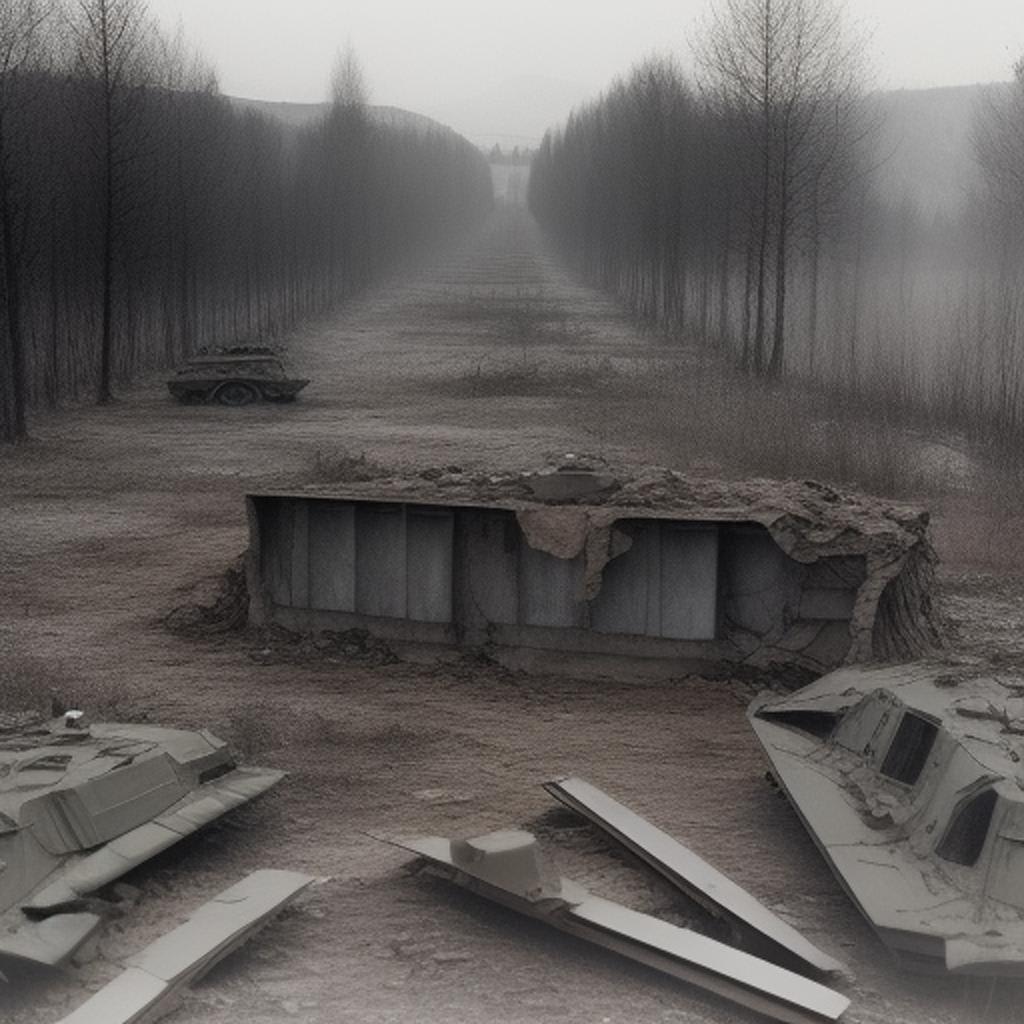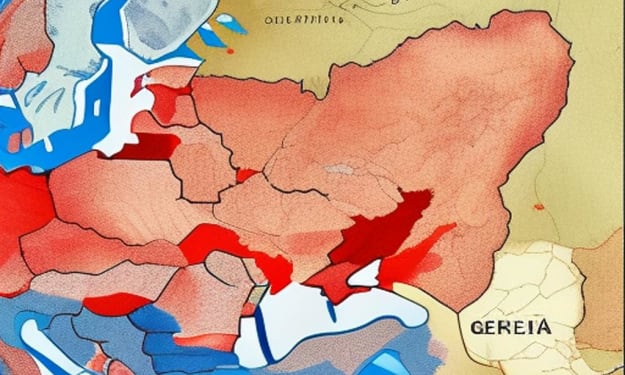Echoes of Conflict: Unraveling the Complex Tale of Yugoslavia's Turbulent Wars
From Tito's Legacy to Ethnic Strife – The Untold Stories of the Yugoslav Wars

On May 4th, 1980, Yugoslavia faced a turning point with the passing of President Joseph Bros Tito. Tito, a figure both feared and respected throughout the Balkans, left a power vacuum in his wake. What followed was a descent into stagnation and a resurgence of nationalism. The unity of the federal republic fractured, and uncertainty gripped Yugoslavia's diverse populace. The question loomed: Who would make the first move?
Nationalists across Yugoslavia tapped into deep-seated ethnic and religious tensions. Historically, Yugoslavia was born from the aftermath of World War I, a union forged as the Kingdom of Serbia merged with the remnants of the Austro-Hungarian Empire. This brought together a diverse mix of populations.
Among these, the Serbs held sway due to their larger demographic and the pivotal location of their territory, including Belgrade, the capital of Yugoslavia, which remained even under the rule of a self-identified Croat like Tito.
The federal government in Belgrade struggled to maintain unity following Tito's death. Tensions reached a breaking point, and non-Serbs began to feel marginalized within the Yugoslav state. In August 1990, Croatia erupted in conflict, seeking independence.
As the situation escalated, the Yugoslav military moved to disarm territorial units in Slovenia and Croatia, anticipating further turmoil. The Serb minority in Croatia resisted independence, fearing a loss of sovereignty. The Croatian Serbs took up arms, sparking resistance against the Croatian government.
The situation escalated further in May 1991 when Croatian Serb paramilitaries clashed with Croatian police in Borovo Selo. On June 25th, 1991, Slovenia and Croatia declared independence, triggering the first of the Yugoslav wars. The Yugoslav Army was deployed to suppress the uprisings.
Two days after Slovenia's independence, the federal army attempted to secure border crossings, leading to standoffs and skirmishes known as the 10-Day War. Negotiations ended the conflict on July 7th, 1991, granting Slovenia full independence. Macedonia followed suit, achieving peaceful secession.
Croatia, however, faced greater challenges. The arms embargo imposed by the United Nations compounded the difficulties of disarming territorial units. The Croatian government's struggle against Serb militias led to the creation of breakaway Serb territories.
These Serb enclaves, supported by the Yugoslav Army, enjoyed growing autonomy, as figures like Serbian President Slobodan Milosevic aimed to expand Serb influence. By 1994, it was evident that Serb nationalists within Yugoslavia sought not to restore Yugoslavia but to create a greater Serbia from parts of Croatia and Bosnia.
While the Croatian government grappled with these rebel provinces, it also clashed with federal forces. Dubrovnik came under siege, drawing international attention. The city of Vukovar faced devastating shelling and bombardment, marking the tragic end of 1991.
Bosnia and Herzegovina declared independence in March 1992, sparking further conflicts. The Bosnian Serb minority resisted independence, leading to violence and a declaration of their own breakaway state, similar to Croatian Serbs. Bosnian Croats also rose up, complicating the situation.
Sarajevo was besieged, and Bosnia plunged into a three-way war by early 1993 as Bosnian Croats and Bosniaks clashed. Attempts to regain Croatian territory resulted in Operation Neretva, leading to a stalemate.
As chaos reigned, Sarajevo endured a prolonged siege by Bosnian Serbs. The international community's involvement grew, with the United Nations establishing demilitarized zones and imposing sanctions. NATO enforced no-fly zones.
In 1999, Kosovo, part of Serbia, became a focal point of conflict, leading to NATO airstrikes. While the wars eventually ended, the scars ran deep, with millions displaced and unresolved issues that persist to this day.
The Yugoslav wars left a legacy of challenges, including the need for justice through international tribunals and the struggle for reconciliation among post-Yugoslav nations striving for stability and integration with the European Union.





Comments (1)
Such a complex web.